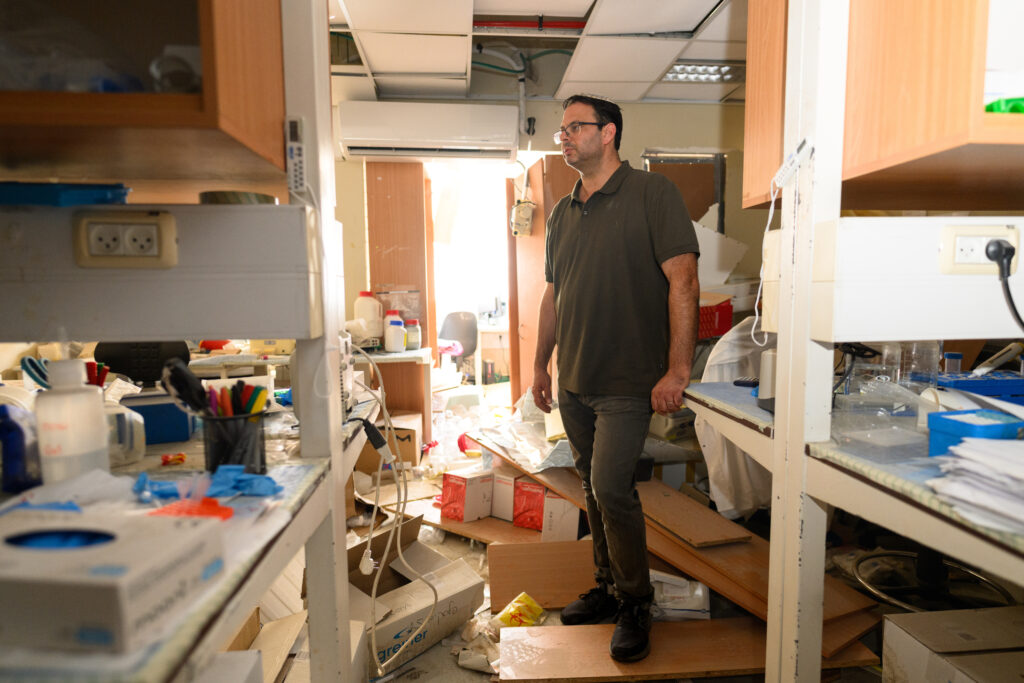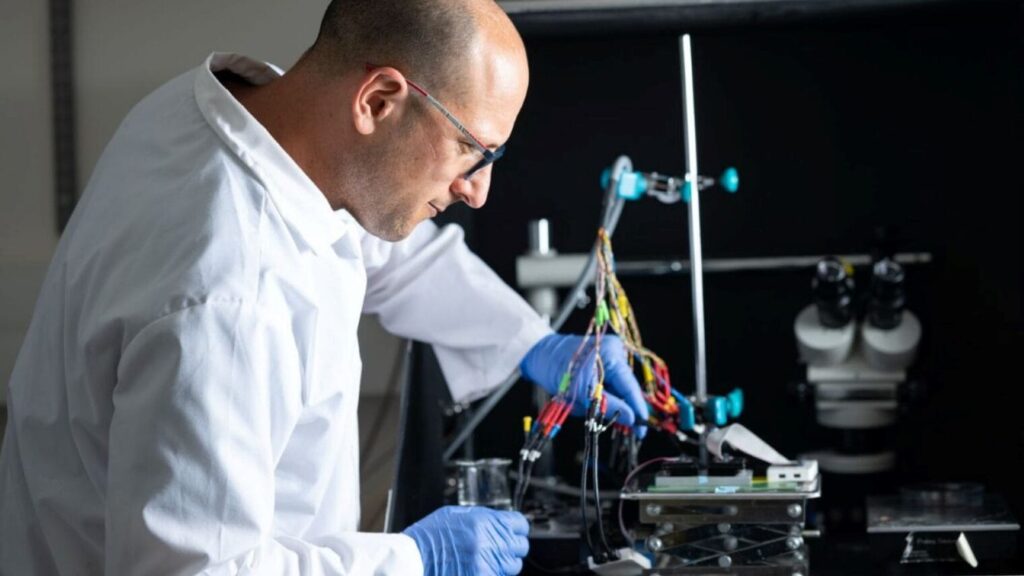
Similarities Between Leukemia and AIDS Discovered
Similarities Between Leukemia and AIDS Discovered
August 24, 2015
Medical Research, Press Releases
Breakthrough Could Be Key to Finding Clinical Solution that Prevents HIV and Destroys the Virus
Researchers at Ben-Gurion University of the Negev (BGU) have made a significant breakthrough, discovering similarities between Leukemia and HIV that might hold the key to developing a clinical solution to prevent and destroy the virus.
“Similar to what happens with the HIV virus when it enters a chronic state, reproduction mechanisms control the expression of the genes responsible for hematopoietic STEM cells – the first cells that develop,” says Dr. Ran Taube, of BGU’s Shraga Segal Department of Microbiology and Immunology.
“This research is based on the assumption that damage to the mechanisms of expression and reproduction of the viral genome is responsible for the accumulation of the latent HIV virus and leads to the chronic disease condition.”
Dr. Taube’s team, in collaboration with Dr. Uri Rubio of Soroka University Medical Center, is seeking innovative ways to “wake up” the virus from its silent active state, while at the same time applying anti-retrovirals to essentially eradicate the virus completely.
“Until now, the medical community researchers had very limited information on the existence of a connection between AIDS, caused by the HIV virus, and a rare blood cancer, known as Mixed Lineage Leukemia (MLL),” explains Dr. Taube.
“MLL, found mostly in children, hinders blood system cell development.” Dr. Taube’s research detects mechanisms of action that are similar to the development of the blood cancer MLL.
Although, in recent years, AIDS has been effectively treated with anti-retroviral medications, these do not prevent infections, so their efficacy is limited. Also, there are a small number of inactive, latent viral particles found in the body that are not affected by the anti-retroviral drugs. These viruses are hidden in the body, can effectively avoid the immune response, and at any moment can multiply and infect new cells.
There is still no vaccine and no treatment has been found to prevent the spread of the HIV virus and the number of people who are infected with the virus continues to rise each year.
The study was funded in part by the American Leukemia Research Foundation.
ABOUT AMERICANS FOR BEN-GURION UNIVERSITY
By supporting a world-class academic institution that not only nurtures the Negev, but also shares its expertise locally and globally, Americans for Ben-Gurion University engages a community of Americans who are committed to improving the world. David Ben-Gurion envisioned that Israel’s future would be forged in the Negev. The cutting-edge research carried out at Ben-Gurion University drives that vision by sustaining a desert Silicon Valley, with the “Stanford of the Negev” at its center. The Americans for Ben-Gurion University movement supports a 21st century unifying vision for Israel by rallying around BGU’s remarkable work and role as an apolitical beacon of light in the Negev desert.
About Ben-Gurion University of the Negev
Ben-Gurion University of the Negev embraces the endless potential we have as individuals and as a commonality to adapt and to thrive in changing environments. Inspired by our location in the desert, we aim to discover, to create, and to develop solutions to dynamic challenges, to pose questions that have yet to be asked, and to push beyond the boundaries of the commonly accepted and possible.
We are proud to be a central force for inclusion, diversity and innovation in Israel, and we strive to extend the Negev’s potential and our entrepreneurial spirit throughout the world. For example, the multi-disciplinary School for Sustainability and Climate Change at BGU leverages over 50 years of expertise on living and thriving in the desert into scalable solutions for people everywhere.
BGU at a glance:
20,000 students | 800 senior faculty | 3 campuses | 6 faculties: humanities & social sciences, health sciences, engineering sciences, natural sciences, business & management, and desert research.
For all press inquiries, please contact:
James Fattal, J Cubed Communications
516.289.1496



